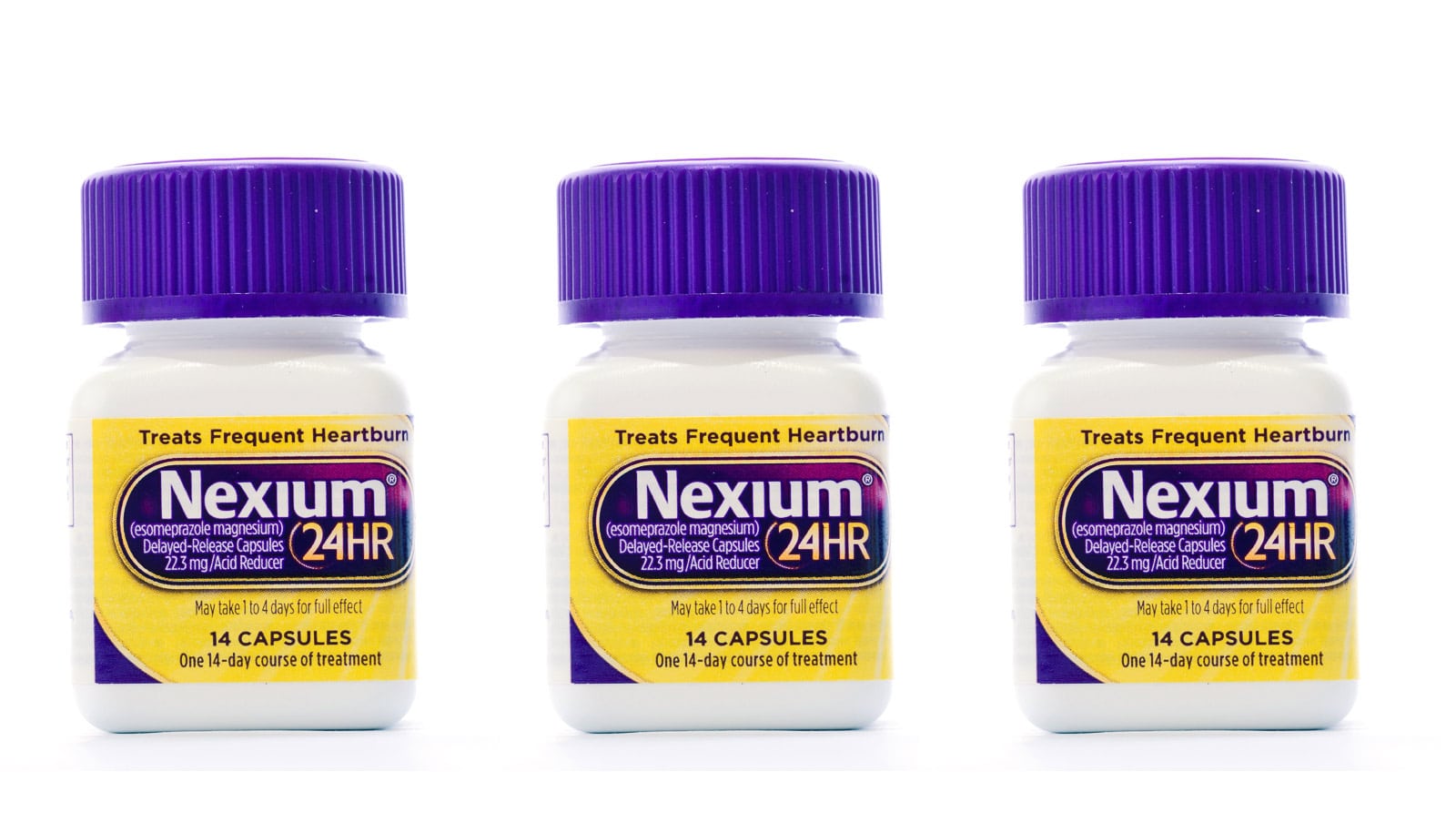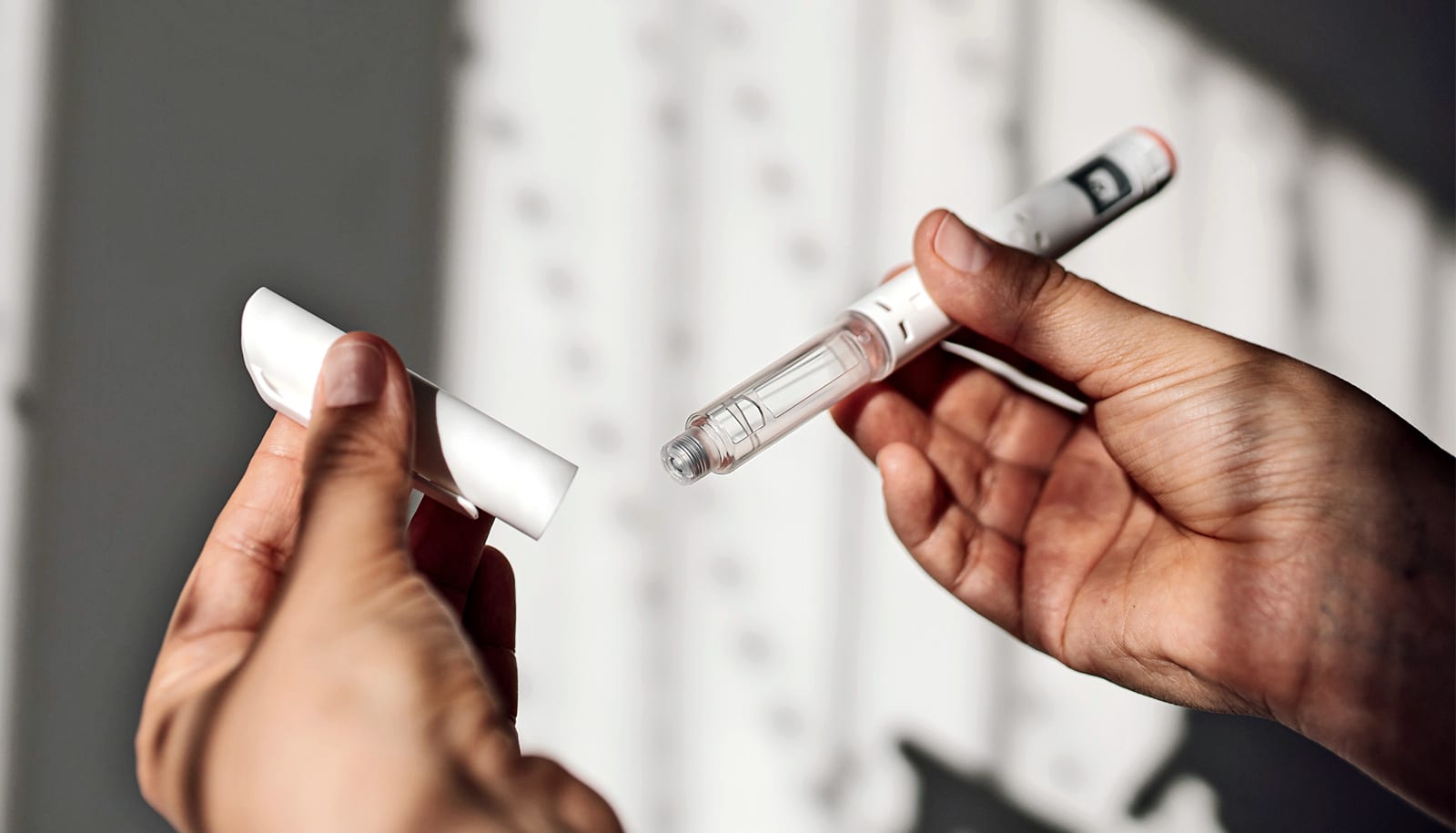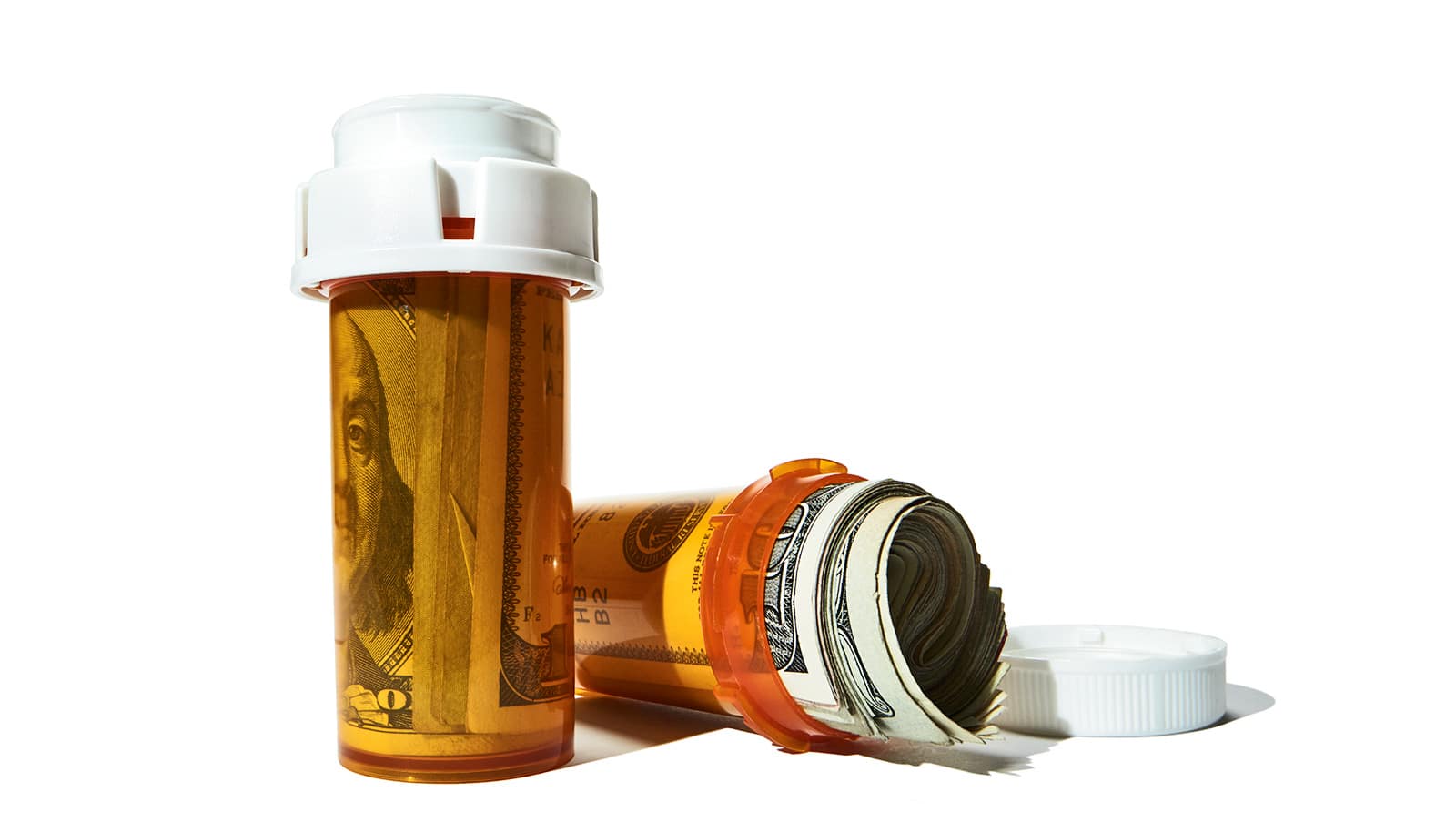People taking heartburn drugs called proton pump inhibitors—Prevacid, Prilosec, Nexium, and Protonix—may not be aware of kidney damage linked to the medications, research suggests.
The new study evaluated the use of PPIs in 125,000 patients. Results indicate that more than half of patients who develop chronic kidney damage while taking the drugs don’t experience acute kidney problems beforehand, meaning patients may not be aware of a decline in kidney function, according to researchers.
“Our results indicate kidney problems can develop silently and gradually over time…”
Therefore, people who take PPIs, and their doctors, should be more vigilant in monitoring use of these medications.
“The onset of acute kidney problems is not a reliable warning sign for clinicians to detect a decline in kidney function among patients taking proton pump inhibitors,” says Ziyad Al-Aly, the study’s senior author and an assistant professor of medicine at Washington University School of Medicine.
“Our results indicate kidney problems can develop silently and gradually over time, eroding kidney function and leading to long-term kidney damage or even renal failure. Patients should be cautioned to tell their doctors if they’re taking PPIs and only use the drugs when necessary.”
More than 15 million Americans suffering from heartburn, ulcers, and acid reflux have prescriptions for PPIs, which bring relief by reducing gastric acid. Many millions more purchase the drugs over-the-counter and take them without being under a doctor’s care.
Roller coasters can jostle out kidney stones
The researchers—including first author Yan Xie, a biostatistician at the St. Louis Veterans Affairs—analyzed data from the Department of Veterans Affairs databases on 125,596 new users of PPIs and 18,436 new users of other heartburn drugs referred to as H2 blockers. The latter are much less likely to cause kidney problems but often aren’t as effective.
Over five years of follow up, the researchers found that more than 80 percent of PPI users did not develop acute kidney problems, which often are reversible and are characterized by too little urine leaving the body, fatigue, and swelling in the legs and ankles.
However, more than half of the cases of chronic kidney damage and end-stage renal disease associated with PPI use occurred in people without acute kidney problems.
Heartburn drugs in hospital raise death risk
In contrast, among new users of H2 blockers, 7.67 percent developed chronic kidney disease in the absence of acute kidney problems, and 1.27 percent developed end-stage renal disease.
End-stage renal disease occurs when the kidneys can no longer effectively remove waste from the body. In such cases, dialysis or a kidney transplant is needed to keep patients alive.
“Doctors must pay careful attention to kidney function in their patients who use PPIs, even when there are no signs of problems,” cautions Al-Aly, who also is the VA’s associate chief of staff for research and education and co-director of the VA’s Clinical Epidemiology Center. “In general, we always advise clinicians to evaluate whether PPI use is medically necessary in the first place because the drugs carry significant risks, including a deterioration of kidney function.”
The study appears in Kidney International. Funding came from the US Department of Veterans Affairs.



